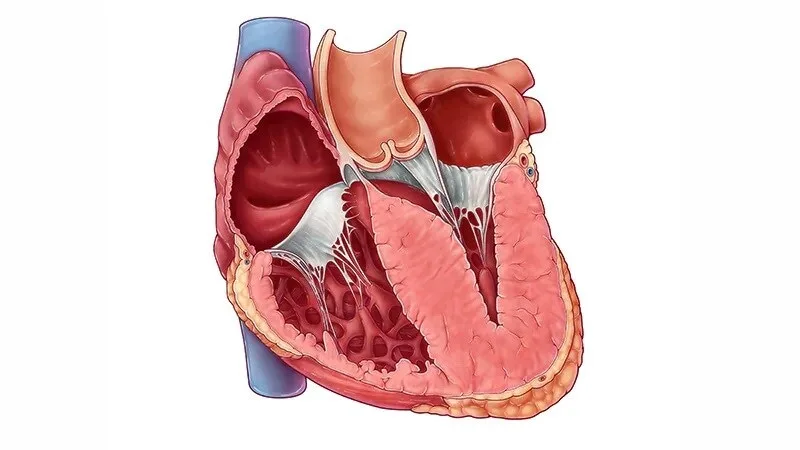Obstructive Hypertrophic Cardiomyopathy (HCM) Patient Management: Test Your Knowledge!
Are you a healthcare professional looking to sharpen your skills in managing patients with obstructive Hypertrophic Cardiomyopathy (HCM)? Take this quick quiz to evaluate your understanding of key concepts and best practices in HCM patient care.
Understanding Obstructive HCM
Obstructive HCM is a condition where the heart muscle becomes abnormally thick, leading to obstruction of blood flow from the heart. Effective management requires a comprehensive approach, including accurate diagnosis, personalized treatment strategies, and ongoing monitoring.
Key Aspects of Patient Management
- Diagnosis and Assessment: Accurate diagnosis involves a thorough clinical evaluation, echocardiography, and sometimes cardiac MRI.
- Medical Management: Medications such as beta-blockers, calcium channel blockers, and disopyramide are commonly used to relieve symptoms and improve heart function.
- Lifestyle Modifications: Patients are often advised to avoid strenuous activities and maintain adequate hydration.
- Interventional Therapies: In some cases, septal myectomy or alcohol septal ablation may be necessary to relieve obstruction.
Quiz Time: Test Your Skills!
Challenge yourself with the following questions to gauge your knowledge of obstructive HCM patient management:
- What is the primary goal of medical therapy in obstructive HCM?
- Which imaging modality is most useful for assessing the severity of left ventricular outflow tract obstruction?
- What lifestyle modifications are typically recommended for patients with obstructive HCM?
- When is interventional therapy considered in the management of obstructive HCM?
(Answers and explanations are available upon request!)
Final Overview
Effective management of patients with obstructive HCM requires a strong understanding of the condition, its diagnosis, and various treatment options. This quick quiz is a valuable tool for healthcare professionals to assess and reinforce their knowledge in this important area of cardiology.




+ There are no comments
Add yours